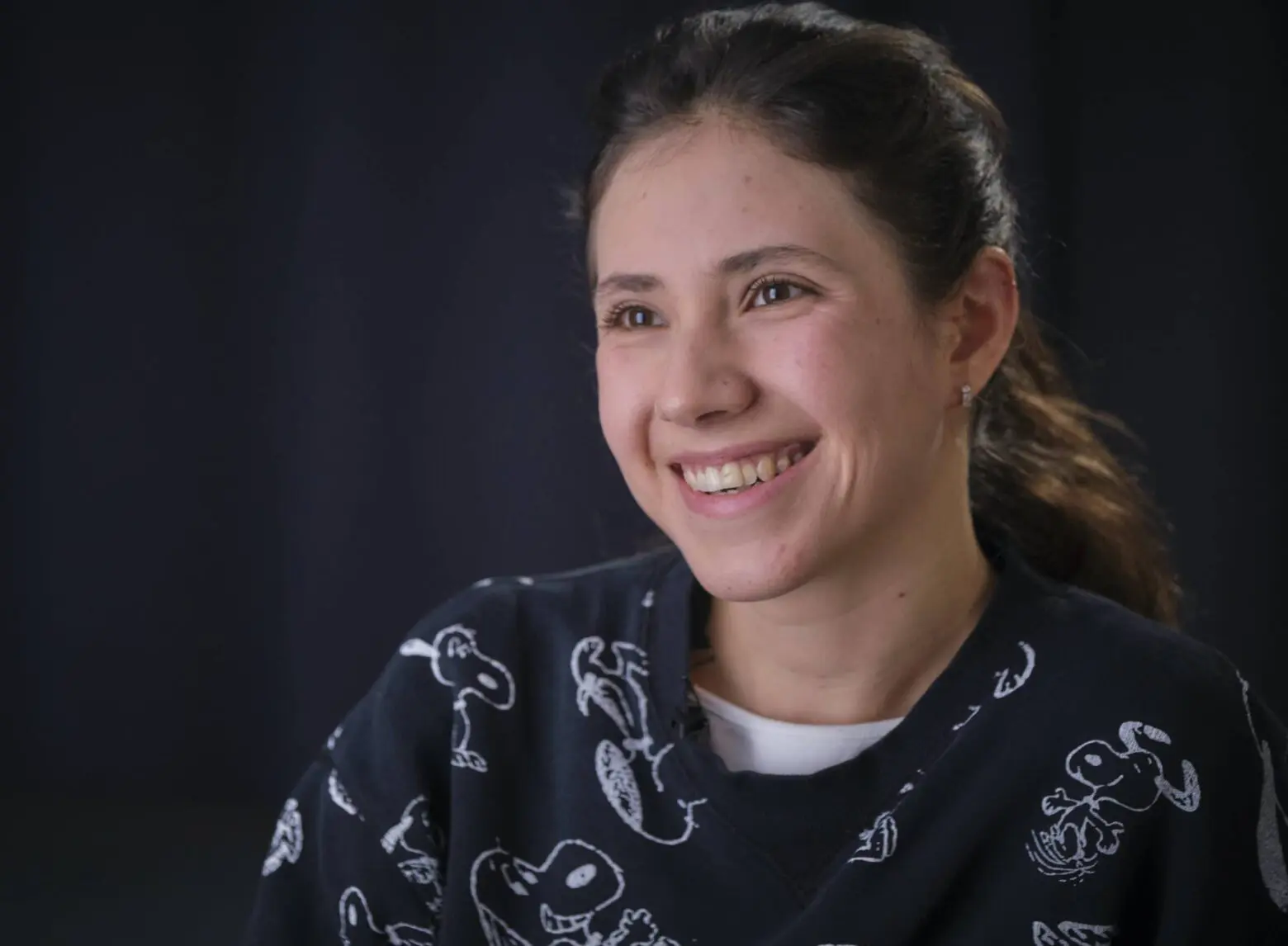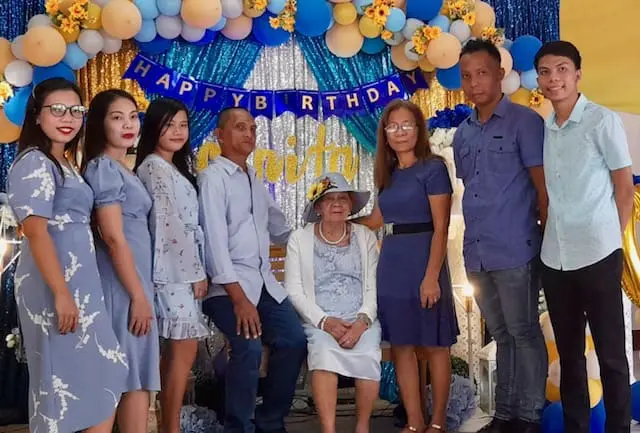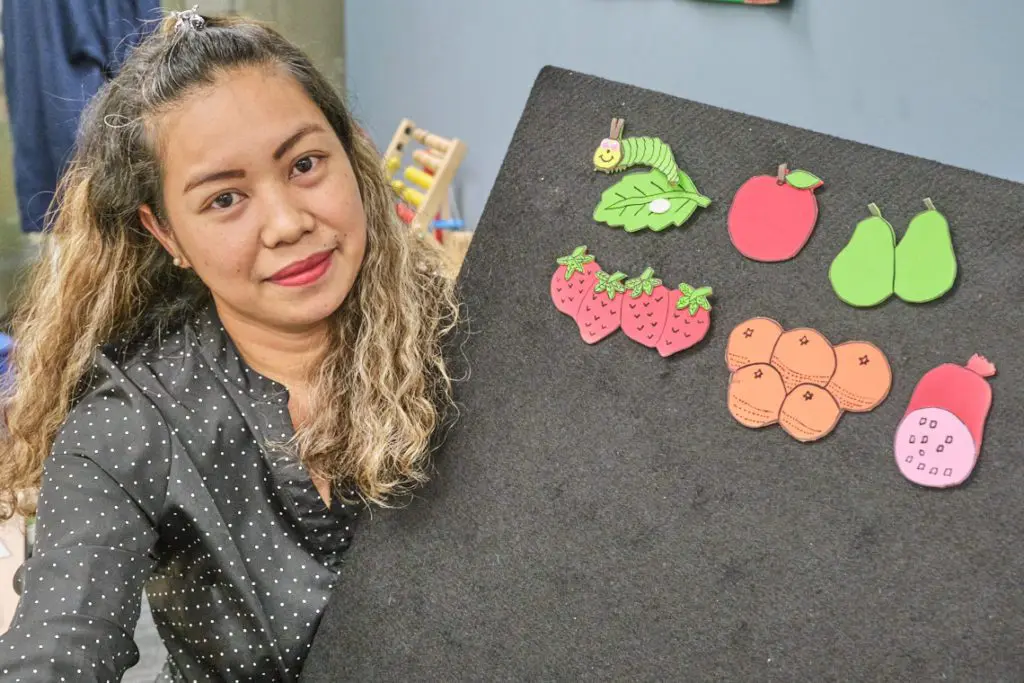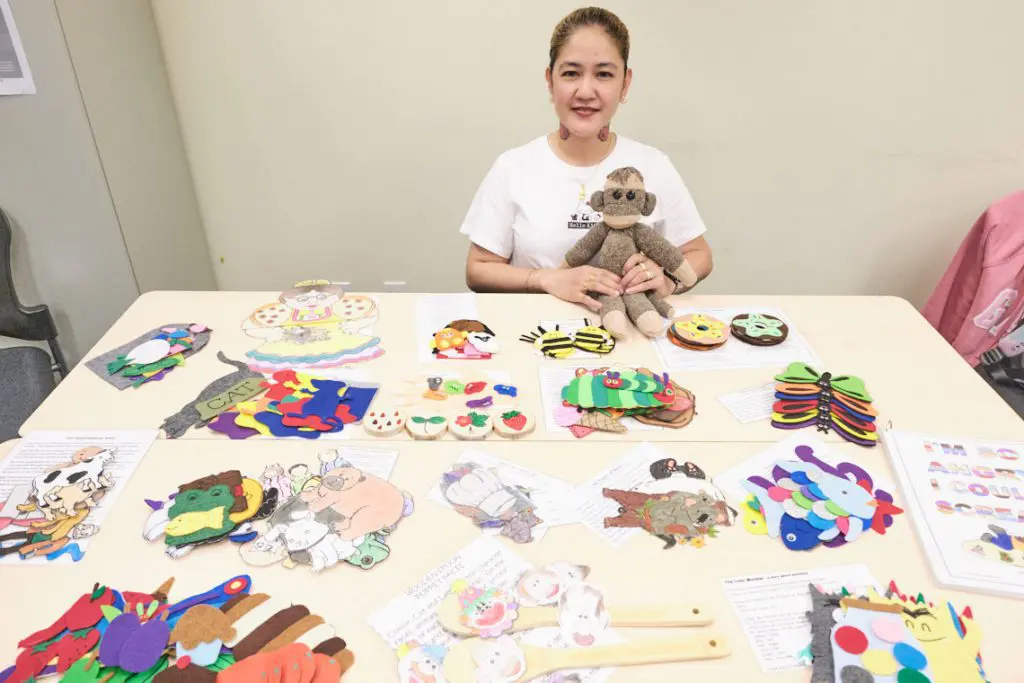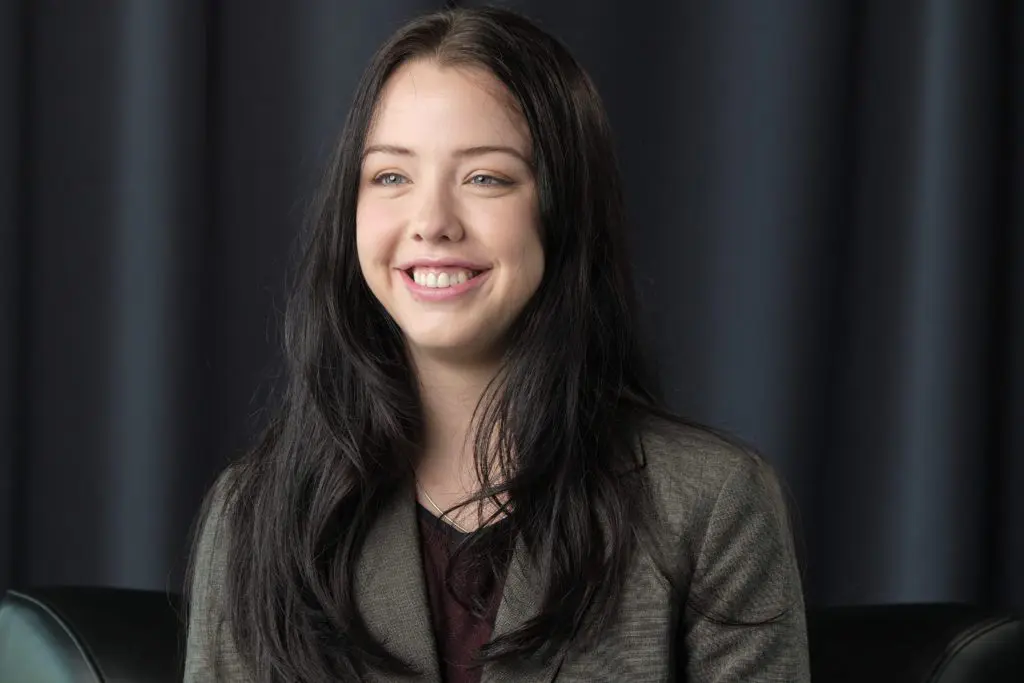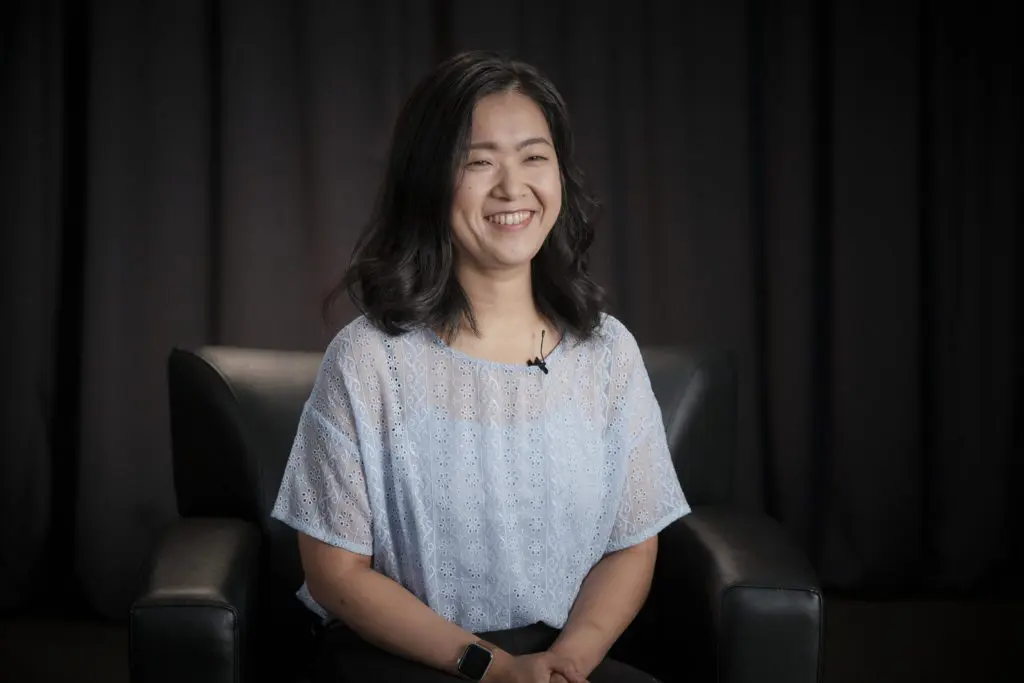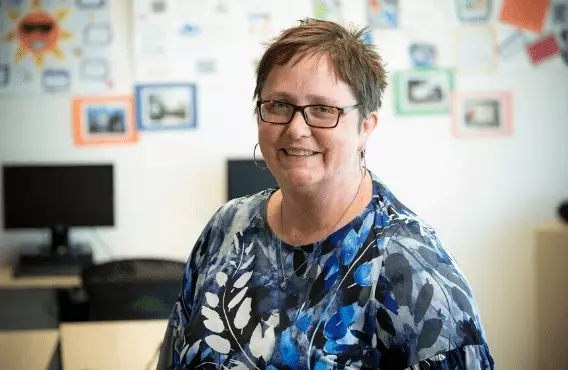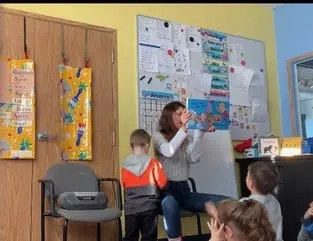As our Early Childhood Education (ECE) program neared its end, our instructor, Pat Bates, reminded us of our upcoming practicums… and we were nervous! This practicum was the final piece needed to complete our program.
My first ECE practicum experience
In our first practicum, which was earlier in the program, we gained experience applying the skills developed in the Early Childhood Education program and techniques learned in class to the job site. These skills and techniques had been mainly theoretical up until our first practicum. Even though we’d been to daycares for numerous observations, practicum promised to be a completely different experience. We were going to be part of a childcare center for almost a month and get to know the children, staff, family members, and the facility’s organization.
Though I had been working with children since I finished university in Mexico, I felt very nervous about my first practicum. This feeling went away the moment I set foot in the facility. I looked around, and I thought to myself, “I’m ready. I prepared my resources, and I have the fundamental teachings of Early Childhood Education in my head. I’ve got this.”
Then the first child came running to me and hugged me, and at that moment, I knew I was ready.
From theory to practice
To pass the first practicum, we needed to complete the following:
- Three art activities
- Three math activities
- Three science activities
- Three social studies activities
- Four circles
In the beginning, it seemed like a lot of work. However, after the first few days, it became easier and more comfortable. The staff were supportive, and I had plenty of materials at my disposal. It was easy for me to see the children’s interests, which helped me develop activity ideas that would suit their preferences.
Another thing that made me feel prepared was that Pat had provided us with many resources, like songs, books, and activities. Throughout the ECE program, we researched and prepared more than enough materials for our practicums and careers afterwards. After spending hours developing and sometimes complaining about resources, my classmates and I now appreciate their potential and are thankful we worked so hard on them.
When I saw what the children were interested in at my first practicum site, I knew I had a resource that would motivate their learning. And if I didn’t, I was able to create new ones.
Essential ECE skills: Improvisation and creativity
During my first practicum, I realized that one of the most essential skills an Early Childhood Educator needs is the ability to improvise. To keep children engaged in learning and exploring, ECEs need to think on the spot and come up with new ideas. This improvisation can be applied during outside play to keep children’s energy levels up or during circle time when they begin to lose interest. Due to location, some childcare centers are forced to have a smaller playground area. Being able to improvise can help you use your imagination to turn small spaces into a variety of different engaging areas so children are motivated to learn.
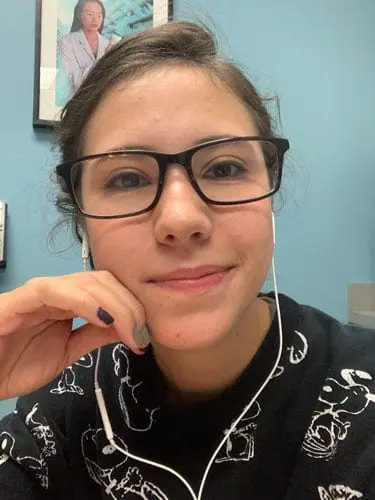
Another important skill is creativity. Early Childhood Educators need to create new activities and materials with what they have at hand. Creativity gives you the ability to use things at your disposal without overusing resources or spending a lot of money. This skill goes hand in hand with improvisation and, at times, is developed simultaneously. The ability to turn ordinary objects into teaching material allows us to find learning opportunities almost anywhere! For example, during the program, we had a puppet-making workshop. Pat asked us to find unusual objects to create beautiful puppets. She taught us numerous ways to make puppets out of unique materials, such as felt.
Next steps in my ECE career
All of these skills were useful during my first practicum, and I’m sure they will be essential in my career as an Early Childhood Educator. After completing my first practicum, I felt great. I received kind compliments and feedback from both my sponsor teacher, Tammy, and my practicum instructor, Jill Hammer. They’re experienced professionals in the field, and I’m fortunate to have learned from them.
Now that I’m preparing for my second practicum, I’m starting to feel nervous again. It might be a completely different experience from the first practicum site. Maybe it will have more children or a bigger childcare space. With all these questions in mind, I had a conversation with Jill. She reassured me that I am ready and told me that I would do great. I’m nervous, but I know I will be alright as long as I have my resources, activities, and circles with me.

